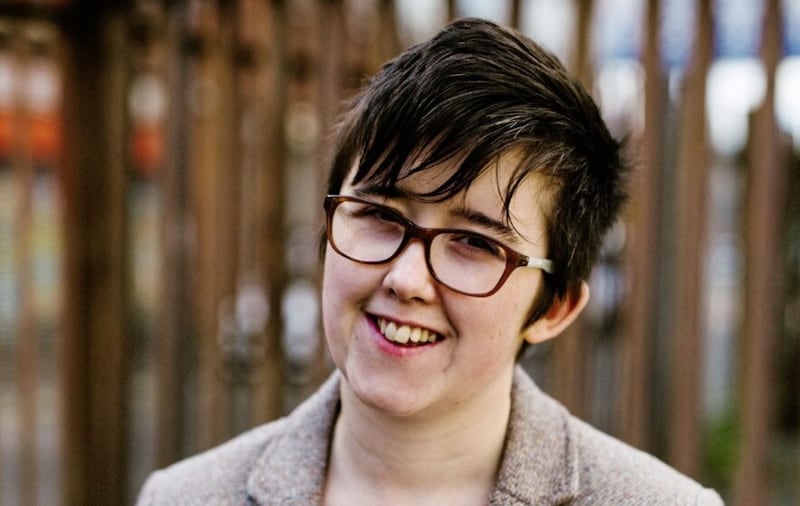Northern Ireland is beautiful and progressive and full of wonderful people. But it’s also grim as hell at times, backward and full of people who are utterly addicted to chaos.
We are a deeply traumatised society. It’s part of the reason we can’t properly move on, the reason there are those in our communities who still hold murderers and thugs to high esteem and the reason many people lean into chaos and division.
If you were brought up in this place and are reading this page, you most likely either lived through the Troubles or those who raised you did. And let me tell you, none of us have escaped unscathed. Of course, some have endured more than others.
Our troubled past, the collective trauma we experienced and the generational trauma that we have inadvertently passed down to our children could explain some of our current post-conflict ‘quirks’ and our fixation with dysfunction.
Our minds are complicated things, and they can develop patterns that are not exactly helpful with regards to well-being. Many traumatised people are drawn to chaos for different reasons. Chief among these is experiences from our past impacting current behaviour patterns, because we have normalised them and it’s a place where we feel most comfortable.
Courting chaos is a trait that reflects people’s own internal struggles. And living in a constantly unsafe environment – no matter how we normalised it – can lead to a preference for disorder. Does any of that sound familiar to you?
If you walk into any psychotherapist’s office the world over and told them our symptoms, they would offer you this advice.
Accept you have a problem – it’s the first step to healing – understand the root cause and put effort into change.
We most certainly have a problem here in Northern Ireland that we refuse to recognise – because everything is better now that we’ve stopped killing one another every day. We’re just really grateful for that. The chaos and dysfunction are our happy place, where we feel comfortable, because it’s always been like that.

We marked 26 years of the Good Friday Agreement recently. Twenty-six years of relative peace. We’ve have had millions of pounds of peace money pumped into our society and help and guidance from experts all over the world. And yet we still cannot pull ourselves completely free and safe of the spinning abyss that 30 years of conflict once thrust us into.
Earlier this month we saw a barbaric paramilitary attack that saw a man nailed to a fence. Across the city our political leaders were told that 45 per cent of young people were impacted by paramilitaries and that those paramilitaries cost Northern Ireland between half-a-billion and three-quarters-of-a-billion pounds a year.
Meanwhile, in a city centre courthouse, the trial of the murder of journalist Lyra McKee – shot dead by paramilitaries – is struggling to start. Down the road in Lurgan two brothers were sentenced after putting a young mother through a horrific sectarian ordeal at her front door.

We are all adjusting to the start phase of our stop-and-start government. We are mere weeks from another bonfire season – a time when the plaster is traditionally ripped off our wounds and salt poured into them for a time as each side burns what the other holds dear. As I write this ATO are making safe a suspect device in Belfast.
Does that sound like a normal society to you? Me either. It sounds chaotic and dysfunctional and one born out of and struggling to heal from trauma.

We need to push the reset button on Northern Ireland. We need to move from the chaos default setting into something else, something better that speaks to 26 years of peace. We need to stand and face what traumatised us and try to move beyond it together. We need to quit the tired old arguments and the tired old dinosaurs who want to feed traumatised people’s fears and keep them prisoners to a past that is strangling them, because it suits them.
We need to quit the tired old arguments and the tired old dinosaurs who want to feed traumatised people’s fears
The thing about healing is that it can’t happen from a place of denial, and we are so good at refusing to think that what happens here is anything except completely normal or indeed ignoring it because it’s not on our doorstep.
Yes, real life happens here – there are concerts and building work and investment and amazing things – but these things still revolve around the periphery of that perpetually spinning abyss.
One wrong move and we all topple in. Then we’ll have to start crawling our way out, again. And so, it continues, times infinite.
We need to do better.



